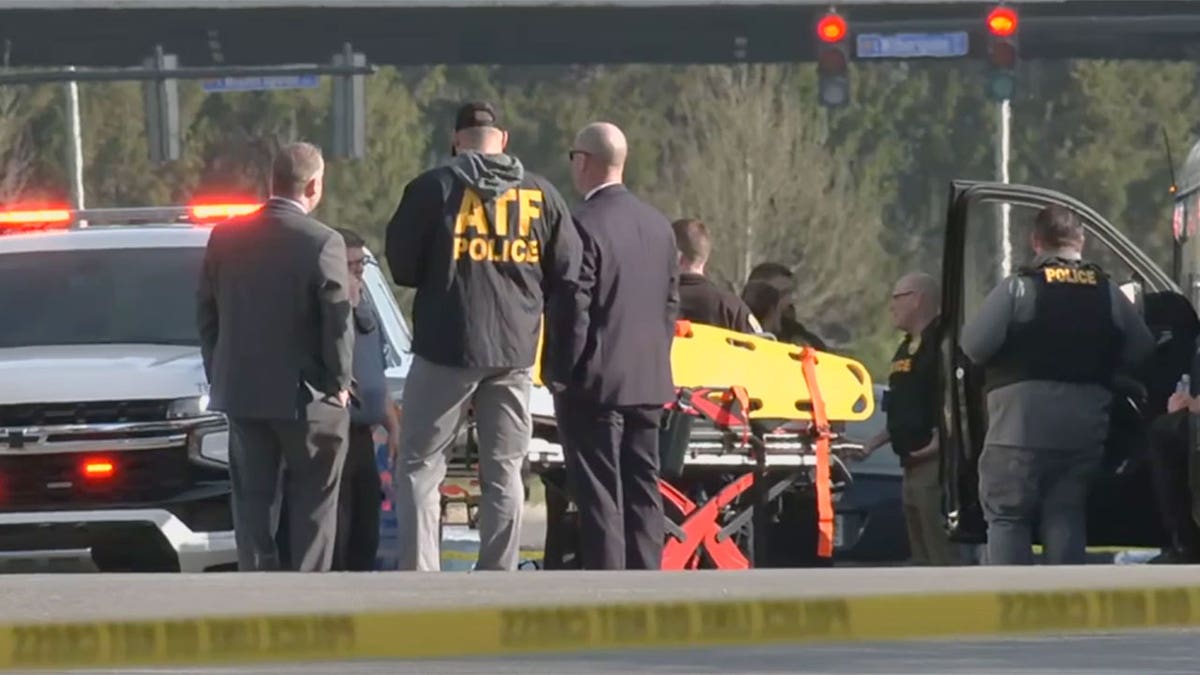A Second Amendment advocacy group, Gun Owners of America (GOA), has initiated legal action against the Bureau of Alcohol, Tobacco, Firearms, and Explosives (ATF). The lawsuit challenges the ATF's "zero tolerance" policy, implemented through inspection guidelines from January 2022, which the GOA argues simplifies the process of revoking federal firearms licenses (FFLs) for gun stores.

GOA Senior Vice President Erich Pratt criticized the policy, stating it "weaponizes federal agencies against political enemies." Sam Paredes, a Gun Owners Foundation (GOF) board member, echoed this sentiment, expressing concern for law-abiding gun store owners facing repercussions due to minor paperwork errors. The GOF is supporting the lawsuit, aiming to protect small businesses from the perceived negative impact of the administration's stance on firearms.
This lawsuit, Morehouse Enterprises v. ATF (II), follows a previous case filed by Morehouse Enterprises, a North Dakota gun store, also backed by the GOA. The initial lawsuit contested the Biden administration's frame and receiver rule, commonly known as the ghost gun rule. This new legal challenge focuses on the ATF's attempt to revoke Morehouse's FFL under the "zero tolerance" policy. Following the initial lawsuit, the ATF inspected Morehouse and cited five violations out of 5,000 transactions, leading to the current attempt to suspend the store's license. Prior to the lawsuit, the ATF had not inspected Morehouse.

Internal ATF documents obtained by Fox News Digital reveal the specifics of the "zero tolerance" guidelines. The January 2022 FFL inspection guidance states that license revocation is the presumed action for willful violations impacting public safety and firearms tracing. Such violations include transferring a firearm to a prohibited person, neglecting background checks, and falsifying records. While the ATF must prove willfulness for revocation, the guidelines clarify that a history of violations is not required to establish willfulness.

The guidelines outline various methods for establishing willfulness, including prior similar violations and documented discussions between ATF investigators and the FFL. An FFL's compliance history, including previous inspections, can also be considered. Furthermore, the ATF can utilize inspection reports to demonstrate willfulness, even in cases where no violations were found. The guidance also lists other violations under the Gun Control Act where revocation may be deemed appropriate. When an FFL loses its license, the business typically closes, and all gun purchase records, which must now be retained indefinitely, are transferred to the ATF.








